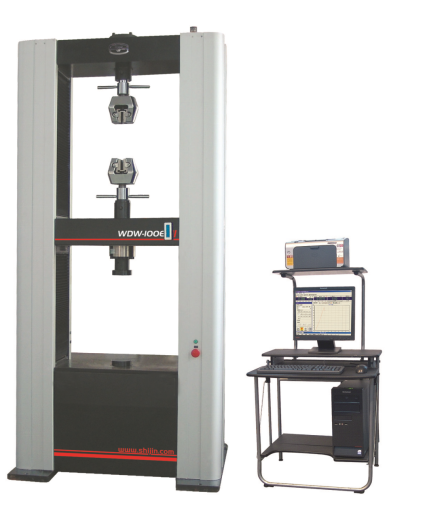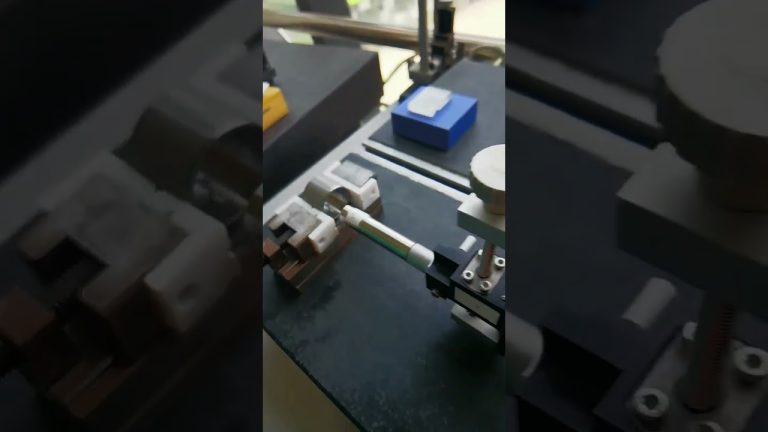What are the characteristics of a good roughness tester?
When it comes to choosing a roughness tester, there are several key characteristics that one should look for in order to ensure accurate and reliable measurements.
First and foremost, a good roughness tester should have a high level of precision. This means that it should be able to measure surface roughness with a high degree of accuracy, allowing for consistent and repeatable results.

In addition to precision, a good roughness tester should also have a wide measurement range. This means that it should be able to accurately measure a wide range of surface roughness values, from very smooth to very rough surfaces.
Another important characteristic of a good roughness tester is versatility. It should be able to measure roughness on a variety of different materials and surface finishes, making it suitable for a wide range of applications.
Durability is also a key characteristic to look for in a roughness tester. It should be able to withstand the rigors of daily use in industrial environments, and should be built to last for many years.
Finally, a good roughness tester should be easy to use and operate. It should have a user-friendly interface, clear display, and intuitive controls, making it easy for operators to obtain accurate measurements quickly and efficiently.
In conclusion, when choosing a roughness tester, it is important to look for a device that is precise, versatile, durable, and easy to use. By selecting a tester with these key characteristics, you can ensure that you are getting accurate and reliable measurements every time.







